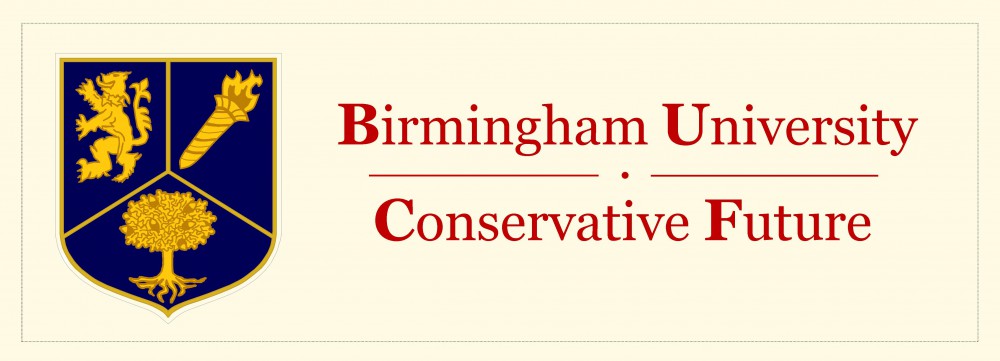
An article on the Telegraph website caught my attention this morning. It focused on Tony Blair telling people to listen to him on Iraq. He has been interviewed and stated that military intervention in Iraq with boots on the ground should not be ruled out. Both Barack Obama and David Cameron have ruled out such an option and as Tony Blair rightly points out, this is a mistake.
France recently began air strikes on key Islamic State targets joining the US who have spent a significant part of this month attacking IS through similar methods. Such methods work in slowing the movements of IS troops and at times key buildings and compounds are destroyed delivering a critical blow to them. Britain sadly has not joined the US in doing so, instead to just opting to send humanitarian aid. While air strikes have not been ruled out, the government has said that they are not a priority at the moment.
A month or so ago David Cameron wrote in the Telegraph about the dangers of IS and how they could cause great danger to people on British soil. It sent a message that David Cameron was obviously considering militarily action of some kind (most likely air-strikes). But then next day military intervention was ruled out creating rather hazed policy idea where nobody really seems to know what to do.
Many Conservative backbenchers have called for air strikes, most notably the former Defence Secretary Liam Fox. But here we sit still waiting to see what response, if any, Britain will do. The US are making this issue a national priority with Congress recently agreeing to arm ‘moderate’ Syrian rebels.
This is where we come back to Tony Blair. While the war in Iraq in 2003 remains controversial, he has the experience of such matters and the comments he makes should be respected and considered. Many people will just sigh when he appears on the news as he probably will do tonight calling for possible boots on the ground.
However, you should ask yourself what is Britain doing. We have seen one British citizen killed violently with another threatened. The US strategy is not great and President Obama has at times handled the situation badly but unlike us they have a strategy and it is delivering results.
Boots on the ground should always be a last resort and as Tony Blair has said it would be better if they were Iraqi forces or Kurdish soldiers instead of Western troops. After all these unstable states need strong forces to protect them from the likes of IS. But as several key and influential people are not starting to suggest the idea, such as Sir Graeme Lamb, a former Director of British special forces who has said it was time to ‘rule in’ the idea of British ground troops in Iraq.
It is too simplistic to blame the 2003 invasion of Iraq as a reason for the current turmoil. As we’ve seen over the past few years the region as a whole has grown incredibly unstable. Therefore instead of blaming Tony Blair , politicians and the public alike should heed the words of the former Prime Minister. After all, as David Cameron wrote last month, IS is a very dangerous threat to Britain and no options should be ruled out to counter that threat.
Ben Callaghan








 If Jeb Bush gets elected as President of the United States in 2016 it would mean that the last three Republican Presidents would have been form the same family. There is also little doubt that the Bush family will become the most famous and influential political family in the world overtaking the Kennedys. But before we think about this we have to ask a simple question. Are Americans ready for another member of the Bush dynasty in the White House?
If Jeb Bush gets elected as President of the United States in 2016 it would mean that the last three Republican Presidents would have been form the same family. There is also little doubt that the Bush family will become the most famous and influential political family in the world overtaking the Kennedys. But before we think about this we have to ask a simple question. Are Americans ready for another member of the Bush dynasty in the White House?

